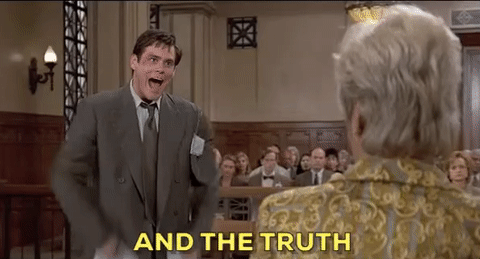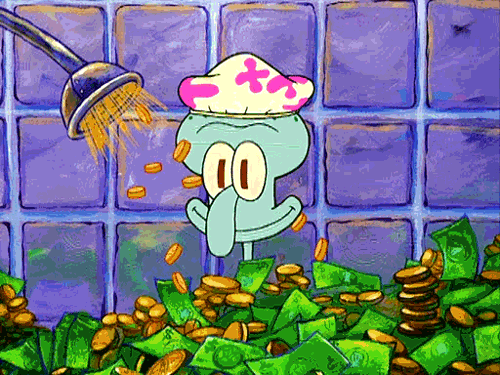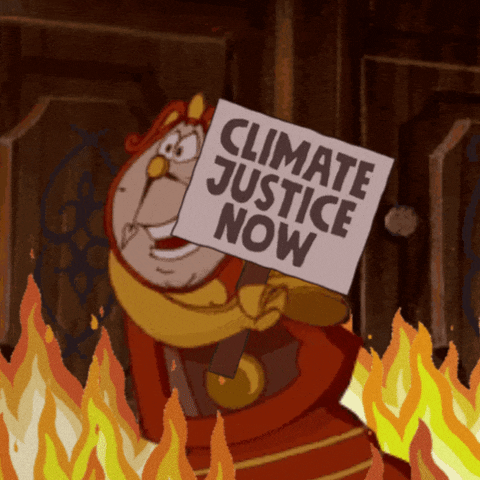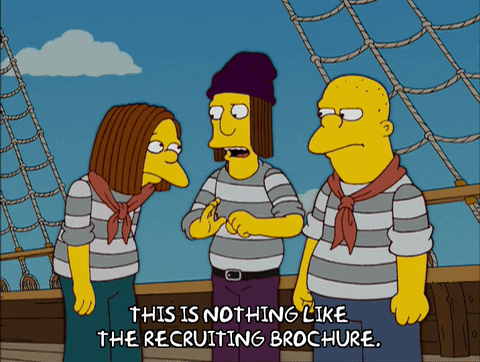De-Influencing: Smart or silly for Influencer Marketing?
By: Lily Germain | Senior Campaign Executive
You’ve heard of influencing, but have you heard to de-influencing?
If you haven’t, we’re going to guess you don’t spend much time on TikTok, because in recent weeks the hashtag #deinfluencing has raked up over 160 million views. The trend involves influencers talking about viral products they typically wouldn’t recommend.
You might find this puzzling, as an influencers income is based on the products they promote… But trust us, there’s method behind the madness.
De-influencing is building more trust between influencers and communities
We’ve spoken before about how important authenticity and transparency is when it comes to social media marketing, and influencer marketing is no different. Consumers -more and more - can see through the BS of glammed up content and want to see real people selling them real things.
By de-influencing, influencers are showing their followers that they aren’t just in the business for the big bucks, they care about what they promote, they care about their fans, and won’t promote something they don’t believe in.
De-influencing is super relevant, right now
We can’t help but mention it: The Cost of Living Crisis. With high inflation rates and economic uncertainty, people have been more savvy with their spending. If an influencer is pushing hundreds of products on their audience, with “sponsored” splashed all over their content, it seems a bit tone deaf, doesn’t it?
De-influencing is encouraging consumers to not overconsume. We’ve seen this become more obvious in recent years as environmental concerns have grown. Fashion influencers for example are moving away from fast fashion and promoting more sustainable, capsule wardrobes. Speaking openly about what products aren’t worth an investment keeps influencers in audience’s good books while times are tough financially.
Influencers are stepping in the right direction for the planet
Over consumption is not only bad for our bank balance, but for the environment too.
While showing off her minimal makeup collection, TikToker @gabyhunt11 said “Time to stop hoarding fad beauty products you won’t use”. This is a breath of fresh air from seeing videos of influencers with buckets of products, making you feel pressure to buy it all.
Promoting a more minimalistic way of consuming helps with waste. Zero Waste Week has previously reported that 120 billion units of packaging are produced every year by the global cosmetics industry. That’s just one category. Influencers openly encouraging people to not buy more than they need should help to keep landfills at bay.
With rules tightening, de-influencing is the logical next step
When it comes to the future of influencer marketing, there have been some question marks. Big named influencers are being called out more and more for misleading information. So much so that the Advertising Standards Authority (ASA) has recently ordered beauty brands and influencers to stop using filters in social campaigns, on the grounds it can be ‘misleading’.
With the safety net of filters being taken away, the logical step for influencers is to be more honest, right? Calling out products that are deemed as overpriced and not worth it allow influencers to not be caught out for being dishonest.
De-influencing is giving us a more realistic and honest view on consumption in the world of influencer marketing. But if it makes us think more consciously about our purchases that’s better for our purses and the environment, then surely that’s a good thing.





